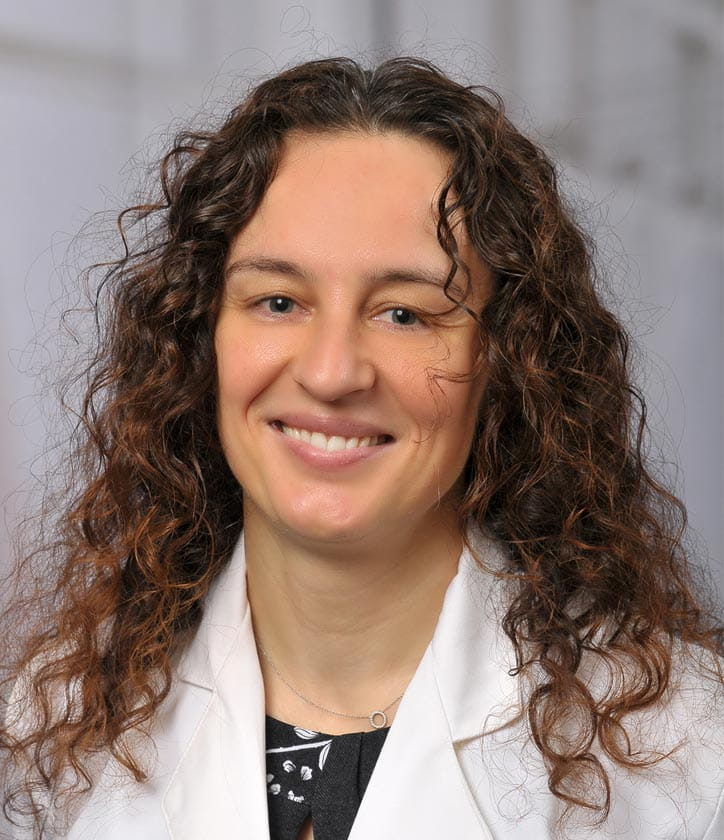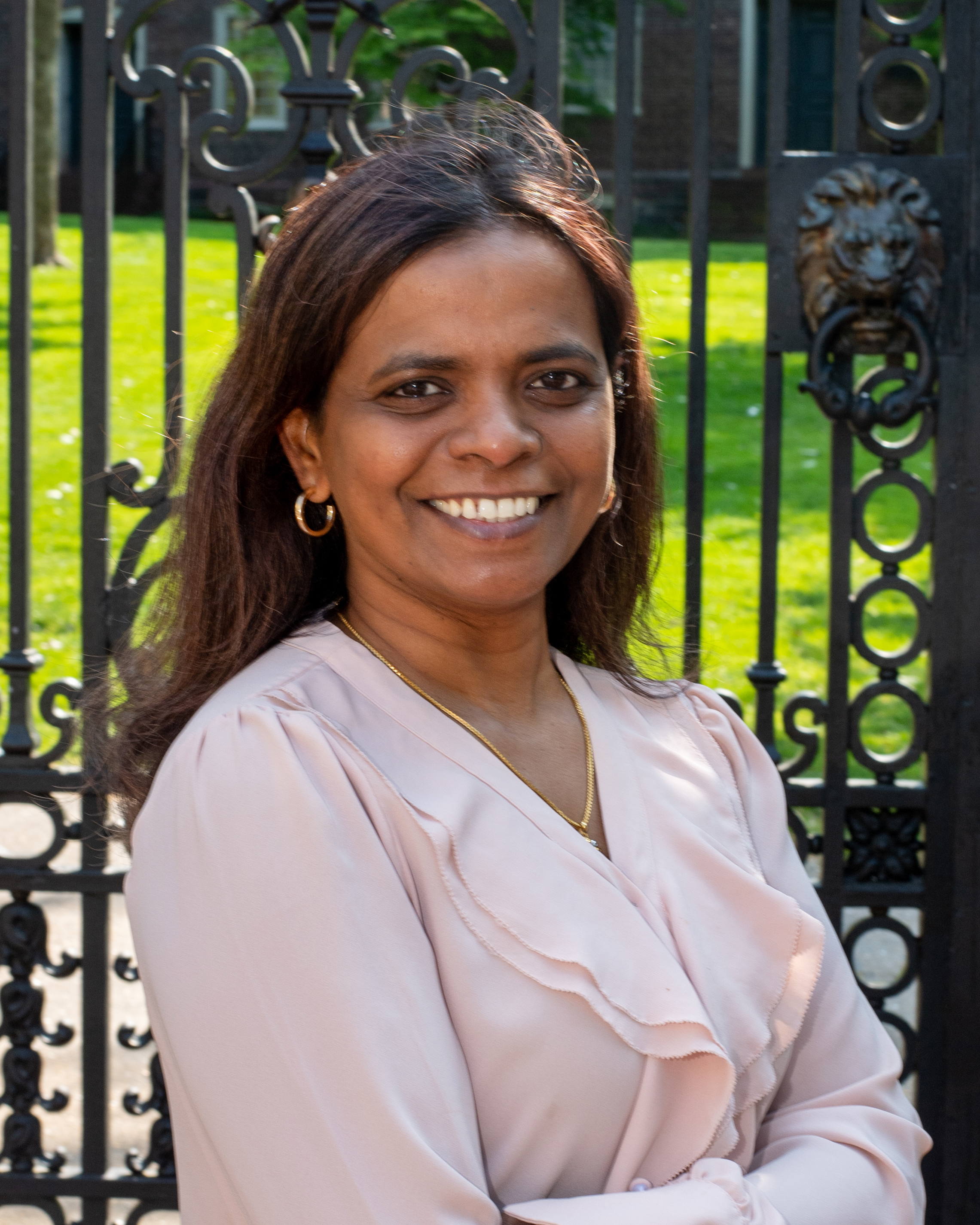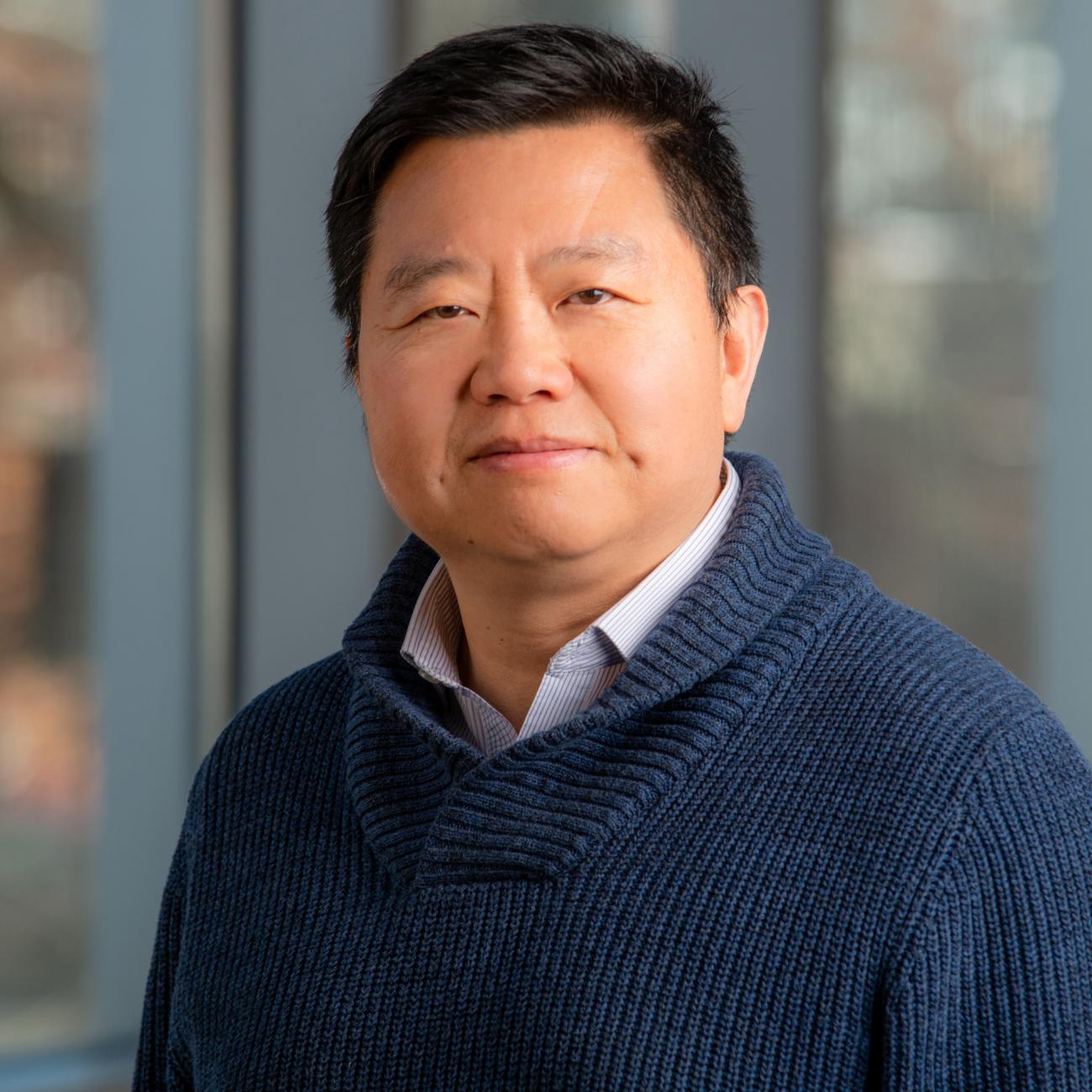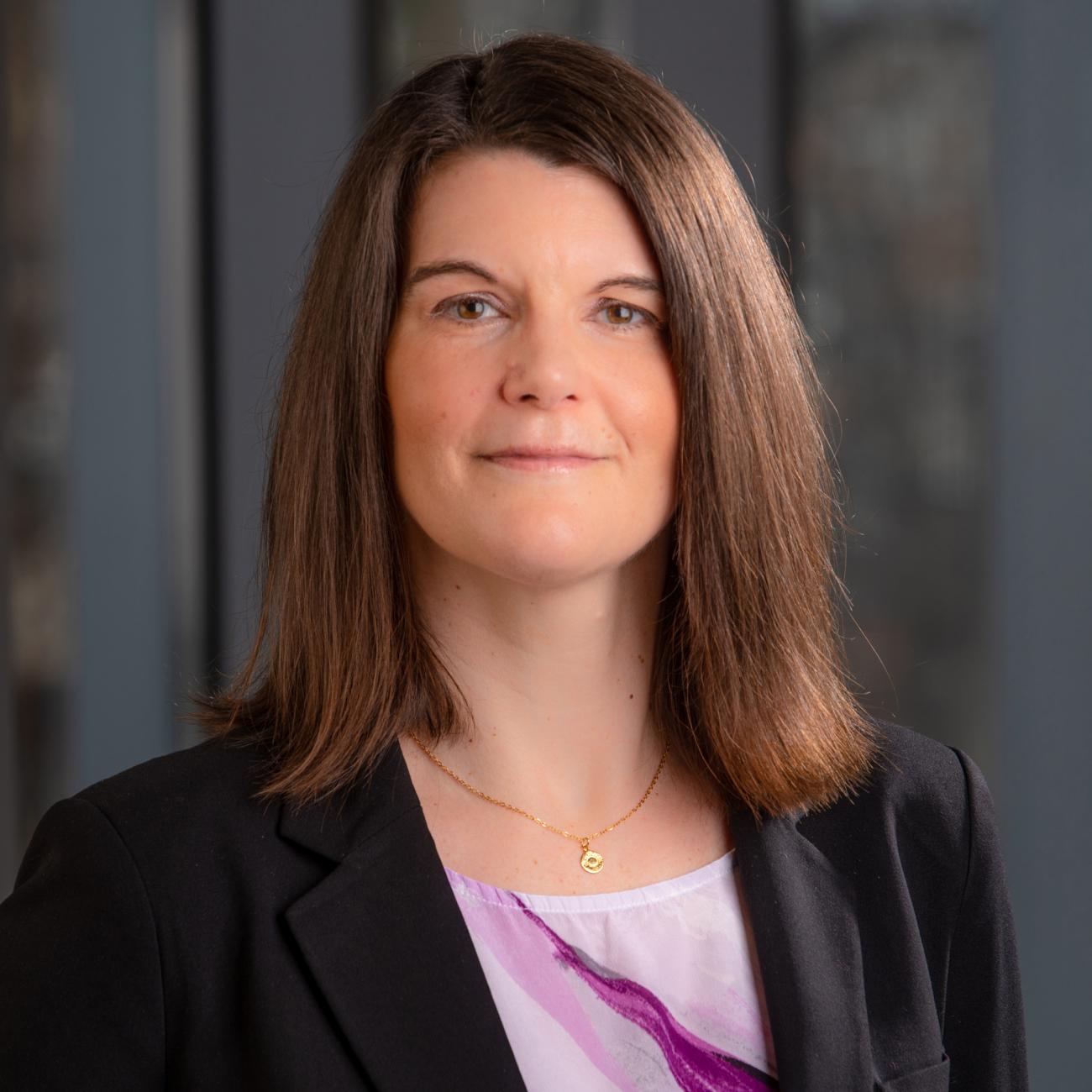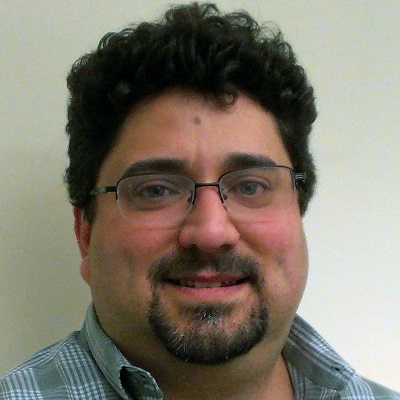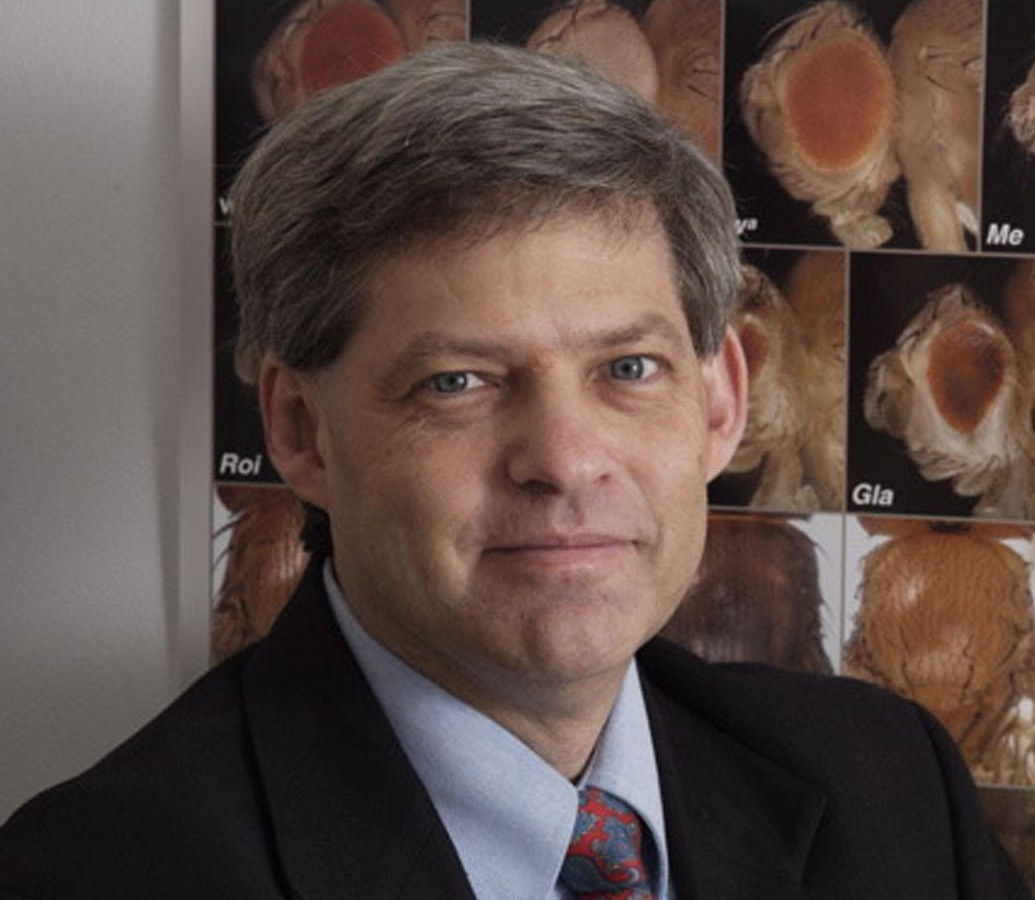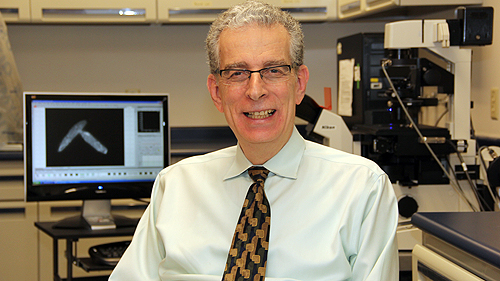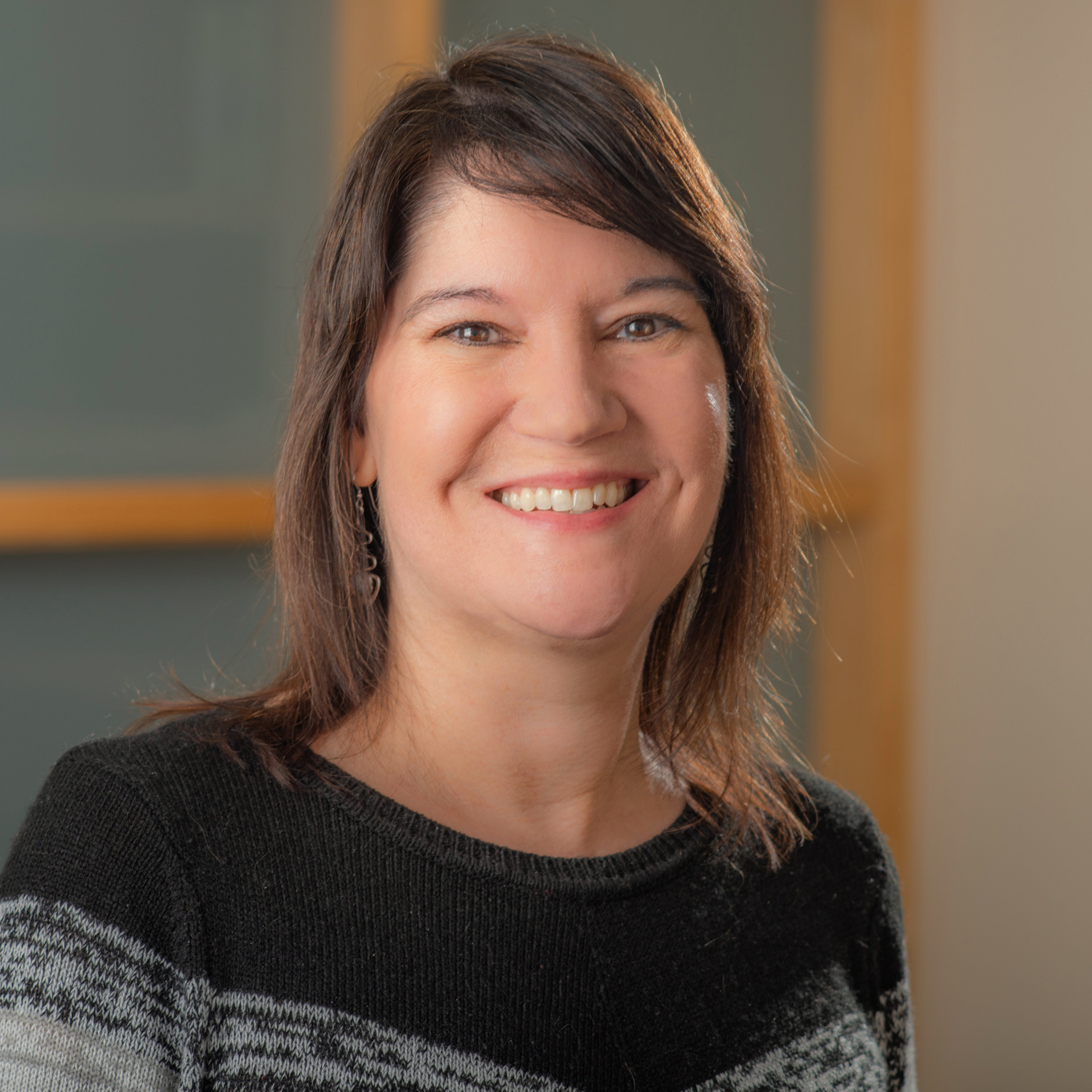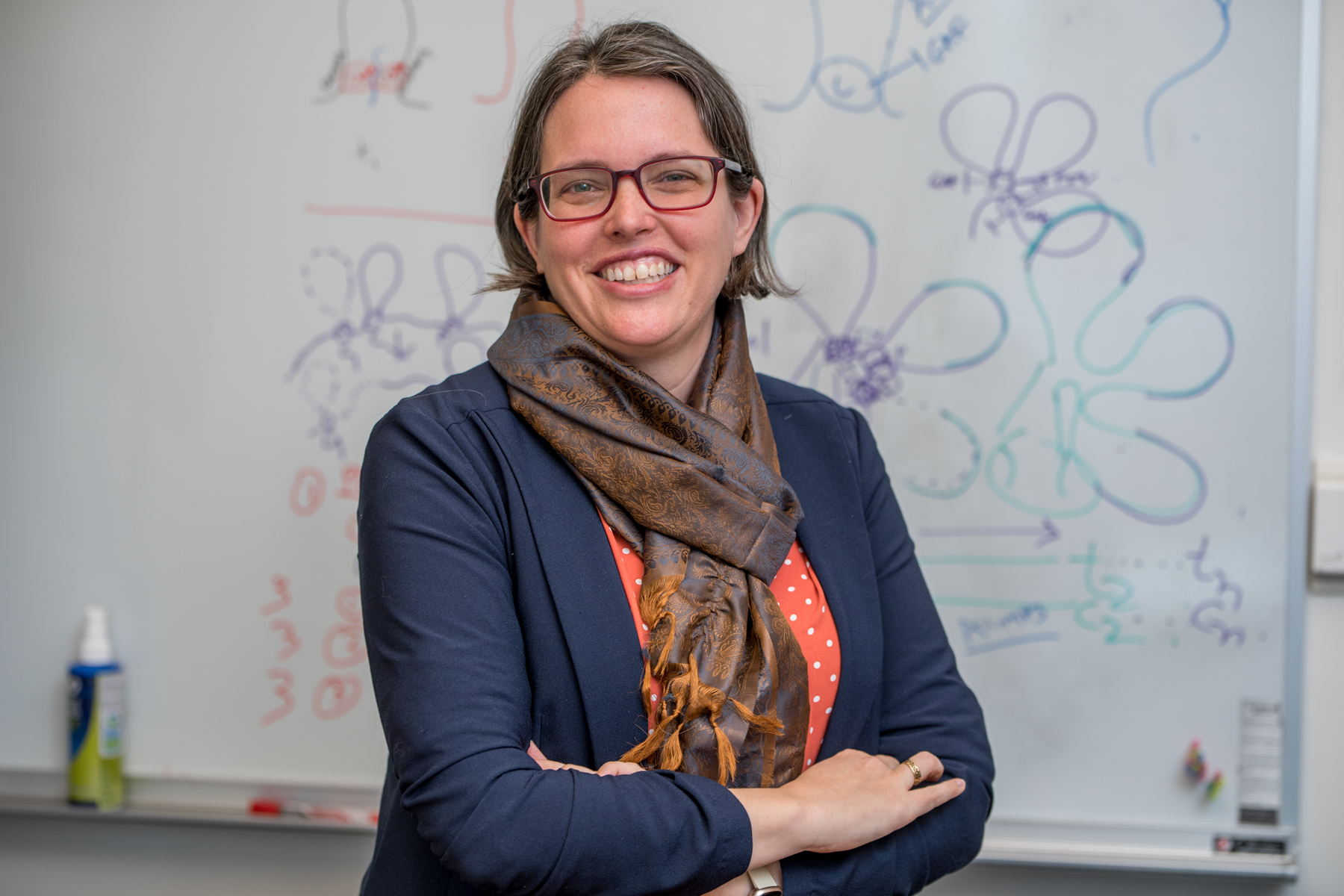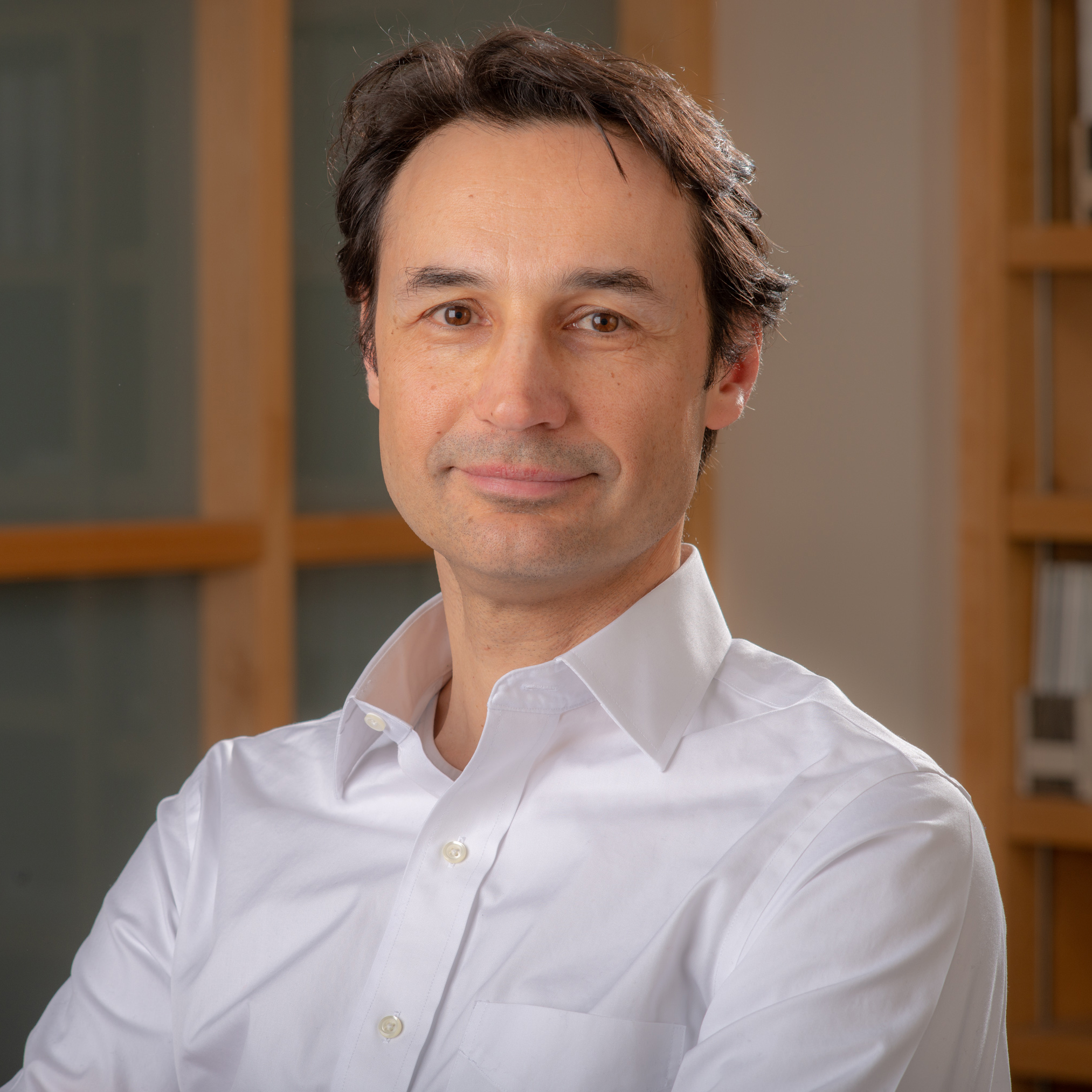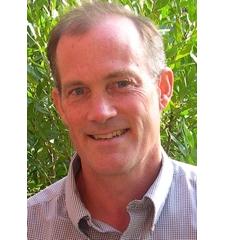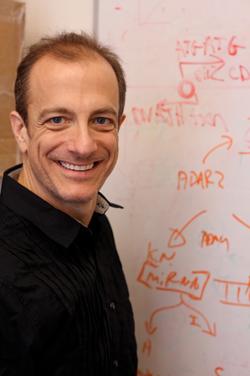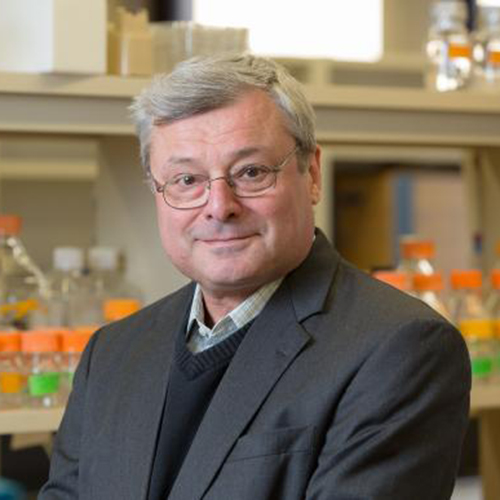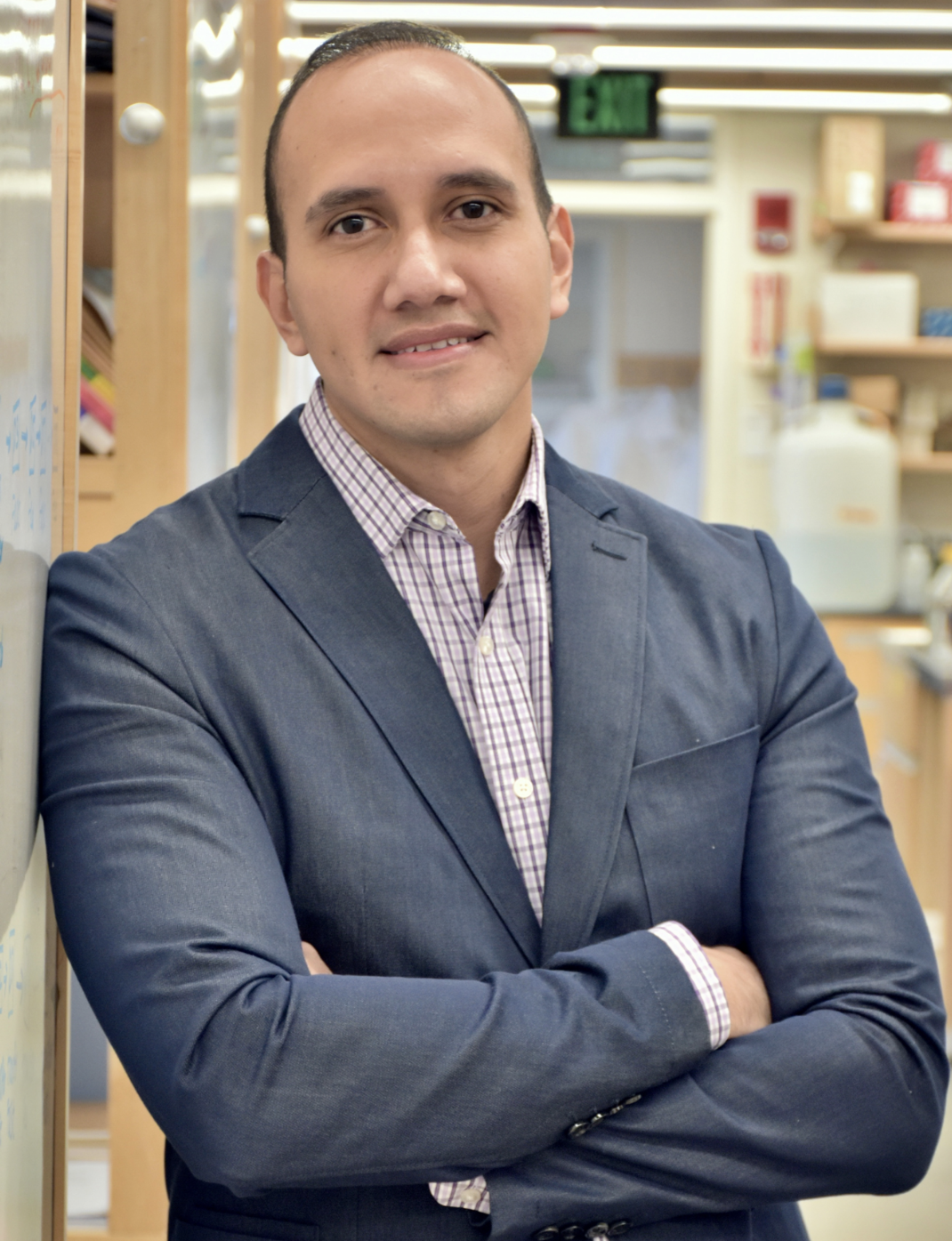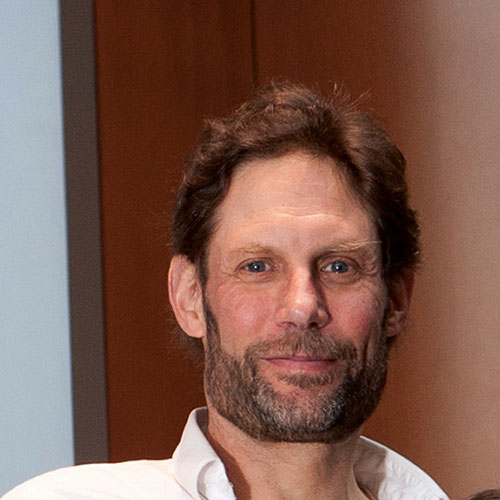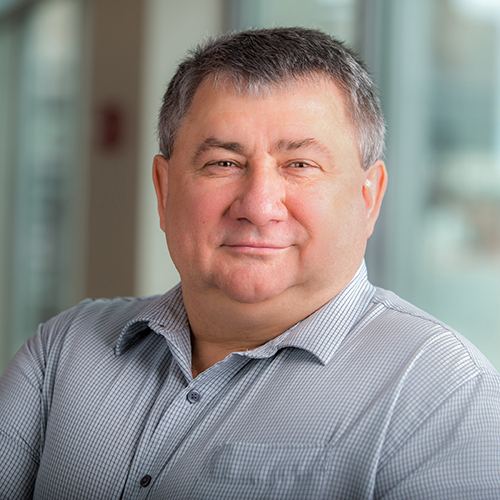Faculty
-
George D. Eggleston Professor of Biochemistry
Sidney Frank Hall, Room 252/235 (lab)
Research Area(s): Biology of Aging; Cell Signaling; Host-Pathogen InteractionsResearch Interests: Mechanisms underlying heart and skeletal muscle diseases, with a primary focus on the role of RNA-binding proteins in regulating the expression of pathologic genes during stress challenges.
-
Assistant Professor of Molecular Microbiology and Immunology
Sidney Frank Hall, Room 265
Research Area(s): Biology of Aging; Cell Signaling; Host-Pathogen InteractionsResearch Interests:By employing rigorous integrative approaches, the Chellappa Lab seeks to understand the dynamic role of metabolism in driving complex phenotypes such as aging. Her lab also investigates the cross-kingdom chemical communications between the host and the trillions of co-existing microorganisms in mammals.
-
Professor, Department of Orthopedics
Research Area(s): Biology of Aging; Cell Signaling; DevelopmentResearch interests: Cartilage and bone development; orthopedics.
-
Professor of Medical Science (Research), Department of Molecular Biology, Cell Biology and Biochemistry
Research Area(s): Biology of Aging; Cell Signaling; Development -
Professor, Department of Chemistry
Research Area(s): Biology of Aging; Protein DynamicsResearch Interests: Establishing a chemically logical roadmap to understand how DNA damage relates to genetic change and human disease.
-
Professor of Medical Science, Department of Molecular Biology, Cell Biology and Biochemistry
Research Area(s): Biology of Aging; DevelopmentResearch Interests: Fundamental mechanisms of transcriptional regulation in mammalian development and human disease.
-
Professor of Molecular Biology, Cell Biology and Biochemistry, Director of the Center for Alzheimer’s Disease Research
Research Area(s): Biology of Aging; Neurogenetics -
Assistant Professor of Obstetrics and Gynecology (Research)
Kilguss Research Institute Room 108
Research Area(s): Biology of Aging; Development; Protein DynamicsResearch Interests: Ovarian development and function, female reproductive health, oncofertility
-
Professor of Biology, Department of Molecular Biology, Cell Biology and Biochemistry
Research Area(s): Biology of Aging; Development; NeurogeneticsResearch Interests: Understanding the molecular genetic mechanisms underlying aging and longevity using the model system, Drosophila melanogaster.
-
Professor, Department of Medicine
Research Area(s): Biology of Aging; Cell Signaling; DevelopmentResearch Interests: My research program is aimed at the understanding of the pathogenesis of cardiac arrhythmias.
-
Professor (Research), Department of Molecular Biology, Cell Biology and Biochemistry
Research Area(s): Biology of Aging; Cell Signaling; Development -
Associate Professor, Department of Molecular Biology, Cell Biology and Biochemistry, Director, Computational Biology Graduate Program
Research Area(s): Biology of Aging; Computational Biology; DevelopmentResearch Interests: Sex differences in aging, coordinated regulation of synaptic genes, computational biology
-
Associate Professor, Department of Molecular Biology, Cell Biology and Biochemistry
Sidney Frank Hall 168/171
Research Area(s): Biology of Aging; Cell Signaling; Development; NeurogeneticsResearch Interests: Neurodevelopmental disorders with a focus on autism.
-
Associate Professor of Biology, Department of Molecular Biology, Cell Biology and Biochemistry
Research Area(s): Biology of Aging; Computational BiologyResearch Interests: Application of high throughput techniques such as RNA-seq to study changes in the transcriptional network caused by genetic and environmental interventions that extend life span in model organisms.
-
Professor of Biology, Department of Ecology and Evolutionary Biology
Research Area(s): Biology of Aging; DevelopmentResearch Interests: How the mitochondrial genome and its interactions with the nuclear genome influence animal performance, evolutionary fitness, and aging; how thermal selection influences the genetic composition of populations.
-
Professor of Biology, Department of Molecular Biology, Cell Biology and Biochemistry
Research Area(s): Biology of Aging; Cell Signaling; Development; NeurogeneticsResearch Interests: We are interested in evolution of brain function and behavior. Our primary model system is Drosophila, the fruit fly, for its powerful traditional and molecular genetics. Our main question is - how do genomes encode and regulate proteins involved in rapid electrical and chemical signaling in the brain, normally and in disease?
-
Professor of Biology, DEPARTMENT OF MOLECULAR, CELLULAR BIOLOGY AND BIOCHEMISTRY
Research Area(s): Biology of Aging; Cell Signaling; DevelopmentResearch Interests: Understanding the biology of aging at the cellular level: the epigenetic regulation of cellular senescence, genome-wide surveillance of transposable elements, and the role of c-Myc in aging.
-
Assistant Professor, Department of Molecular Biology, Cell Biology and Biochemistry
Research Area(s): Biology of Aging; Cell Signaling; NeurogeneticsResearch Interests: How internal and external signals induce molecular and cellular mechanisms to promote longevity and impact age-related diseases and whether these conditions (positive or negative) can be transmitted to subsequent generations.
-
Professor, Department of Ecology and Evolutionary Biology
Research Area(s): Biology of Aging; DevelopmentResearch Interests: Genetic analysis of Drosophila to understand how insulin/IGF signals and lipid hormones regulate aging, and how these endocrine signals interact with nutrition.
-
Professor, Department of Pathology and Laboratory Medicine
Research Area(s): Biology of Aging; Cell SignalingResearch Interests: Cellular stress responses that control activity of accurate and mutagenic DNA repair processes and cell fate decisions following DNA damage by carcinogenic chemicals and anticancer drugs.

